Mixed bag: ICJ ruling highlights isolation of Israeli regime, limitations of UN power
By Shabbir Rizvi
On Friday, the long-awaited ruling of the International Court of Justice (ICJ) on the unfolding genocide in Gaza was delivered. It drew mixed responses, with some hailing it as a historic ruling and some others expressing their anger and disappointment.
For anyone familiar with international law, especially under a US-based global hegemonic order, tempering expectations is a must for such trials. We must take from this trial what we can, and soberly analyze the shortcomings of the international system where necessary.
The Hague-based court, led by a panel of 17 judges and representatives, began the hearing by dismissing Israel’s request to throw out the case entirely, which is an objective win for the Palestinian cause.
For too long, the apartheid regime has enjoyed the cushion of the so-called American “rules-based order” which only works for US clients and against anyone else.
It cannot be overstated that this specific detail, though small at face value, is itself is a crushing defeat for the Zionist regime, which will now officially in international law and history have its name tethered to the word “genocide.”
The top UN court issued provisional measures for Israel to be taken immediately:
By 15 votes to 2, Israel shall, “in accordance with its obligations under the Convention on the Prevention and Punishment of the Crime of Genocide, in relation to the Palestinians in Gaza, take all measures within its power to prevent the commission of all acts within the scope of the Article 2 of the Convention, in particular, A) killing members of the group, B) causing serious bodily or mental harm to the members of the group, C) deliberately inflicting on the group conditions of life calculated to bring about its physical destruction in whole or in part, and D) imposing measures intended to prevent births within the group.”
By 15 votes to 2, Israel shall “ensure, with immediate effect, that its military does not commit any acts described in point 1 above.”
By 16 votes to 1, Israel “shall take all measures within its power to prevent and punish the direct and public incitement to commit genocide in relation to members of the Palestinian group in the Gaza Strip.”
By 16 votes to 1, Israel “shall take immediate and effective measures to ensure the provision of urgently needed basic services and humanitarian assistance to address the adverse conditions of life faced by Palestinians in the Gaza Strip.”
By 15 votes to 2, Israel “shall take effective measures to prevent the destruction and ensure the preservation of evidence related to allegations of acts within the scope of Article 2 and Article 3 of the Convention on the Prevention and Punishment of the Crime of Genocide against members of the Palestinian group in the Gaza Strip.”
By 15 votes to 2, Israel “shall submit a report to the court on all measures taken to give effect to this order within one month as from the date of the order.”
Much to the chagrin of many, both in Palestine and elsewhere, the provisional measures did not call for a ceasefire. Israel’s aggression on the population of Gaza during the time of this issue has led to the murder of over 26,000 Palestinians, nearly half of them children and thousands more trapped under the rubble still unaccounted for.
The ICJ has acknowledged that genocidal crimes may be happening, but denying the Palestinians a ceasefire or not placing any independent mechanism to enforce the cessation of these hostilities, has created a situation that tells on itself how limited its power is - at least for the Palestinian cause.
The provisional measures also ask for the Tel Aviv occupation to report on itself, and for it to hold itself accountable, per the first ruling: “[Israel shall] take all measures within its power to prevent the commission of all acts within the scope of the Article 2 of the Convention.”
Israeli Prime Minister Benjamin Netanyahu, leading up to the court decision, commented on the aggression on Gaza, saying “No one will stop us -- not The Hague, not the Axis of Evil and no one else. It is possible and necessary to continue until victory and we will do it.”
Clearly, the Zionist regime cannot be trusted to uphold the provisional measures. From the very get-go the regime has rejected and mocked the court, and the UN as a whole, using its usual go-to smear of painting any of its opponents as antisemites.
Despite these shortcomings, we must give credit where it is due. Not to the courts, but to the South African legal team, who prepared an airtight case against the Zionist regime using the Zionist regime's own genocidal words and actions.
With any crime of this caliber, the hardest thing to do is to prove the intent of the crime. South Africa’s legal team used Israeli officials’ own statements and clips posted by Israeli soldiers in Gaza to force the court to proceed forward with the case, where the Tel Aviv regime’s strategy was to throw the case out entirely.
The case was built with precision - all but one judge supported the provisional measures - Julia Sebutinde from Uganda. The government of Uganda immediately moved to distance itself from her.
Indeed, the court decision has shown the world the limitations of the so-called “rules-based order” and of international appendages. But it also highlights the growing international isolation of the Zionist regime, when held to account by an airtight case.
The United States, Canada, the UK, and the EU have all stood in complete defense of the Israeli occupation throughout this entire legal dispute, with the US calling South Africa’s case “meritless.”
The court moving forward with South Africa’s use of the genocide convention pushes these countries - on the record - to one side of history while holding the Palestinian cause on another.
Many countries have lined up behind South Africa, and therefore Palestine, knowing full well that the time to take sides on the international stage is now.
It is also worth noting that on the same day this decision was delivered, the US, UK, Australia and Canada - all countries who have given unfettered support to the Zionist regime - cut off all funding from the UN appendage UNRWA, which provides vital support to Palestinians suffering in Gaza.
The countries cite unverified Zionist claims that UNRWA employees were part of the October 7th military operation against Israeli occupation bases.
However, given the timing of the UN decision and the Israeli smear campaign against the world body as a whole, it is clear this is politically motivated in order to punish the UN and send a message.
As the Israeli occupation continues its horrific massacres, and yes, ongoing genocide, more countries will feel inclined to move away from the regime, especially as legal proceedings advance.
Think of it as holding your hand to a fire - most sensible people know not to do this, but only the most arrogant people will insist on doing so, despite the severe burns it may cause.
South Africa also intends to take the US and UK to court for its complicity in the Gaza genocide. Clear lines are being drawn using the US’ own rules and order against it.
Israel is to report to the ICJ next month with information regarding its aggression in Gaza, which notably the court did not pressure to stop (which interestingly, it did call for a ceasefire during the Russian military operation in Ukraine).
The same day, the Zionist regime killed scores of Palestinians in Gaza.
For Palestinians and freedom fighters across the world, this legal scenario does indeed highlight the trajectory of the growing extinction of so-called Western “rules-based order” but all the while demonstrating the ineffectiveness of its own established organs.
Where these organs are quick to act for the US’ interests, they offer less than enthusiastic wrist slaps when clear genocide is being conducted by a regime that does not care for rules.
Indeed, there is no substitute for on-the-ground resistance. As the Zionist aggression continues, you can count on the Axis of Resistance to continue to deliver the necessary blows to the Israeli occupation, in the court of Palestinian justice.
Shabbir Rizvi is a Chicago-based political analyst with a focus on US internal security and foreign policy.
(The views expressed in this article do not necessarily reflect those of Press TV)
Pezeshkian: US must end provocations if it seeks genuine diplomacy
Iran summons German ambassador over Merz’s ‘low-minded’ remarks
Iran's Armed Forces warn EU of ‘consequences’ of IRGC designation
Iran FM: EU’s blacklisting of IRGC a ‘major strategic mistake’
EU blacklists IRGC in legally flawed move irrespective of consequences
VIDEO | Press TV's news headlines
VIDEO | Afghanistan opens first specialized cancer hospital
Trump officials held secret talks with Canadian separatist group: Report


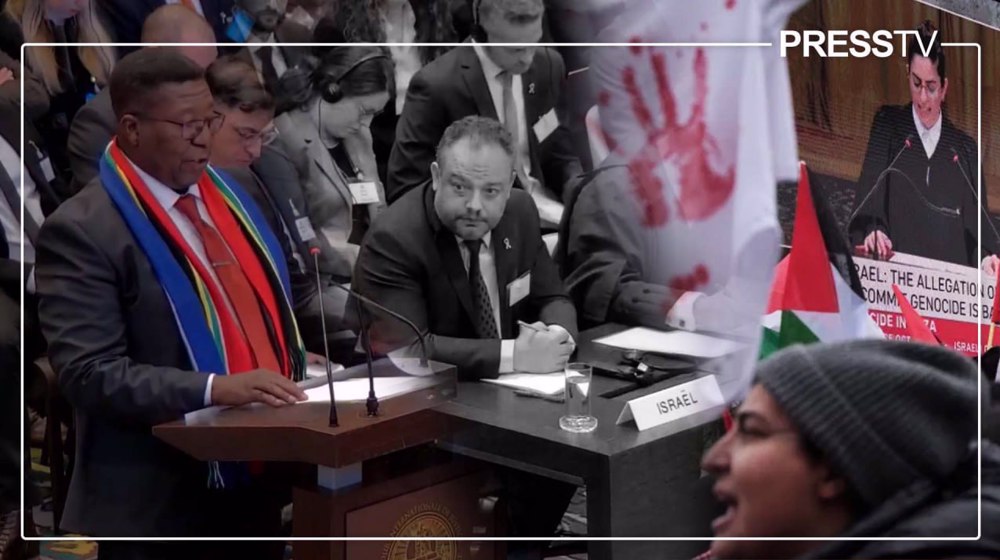
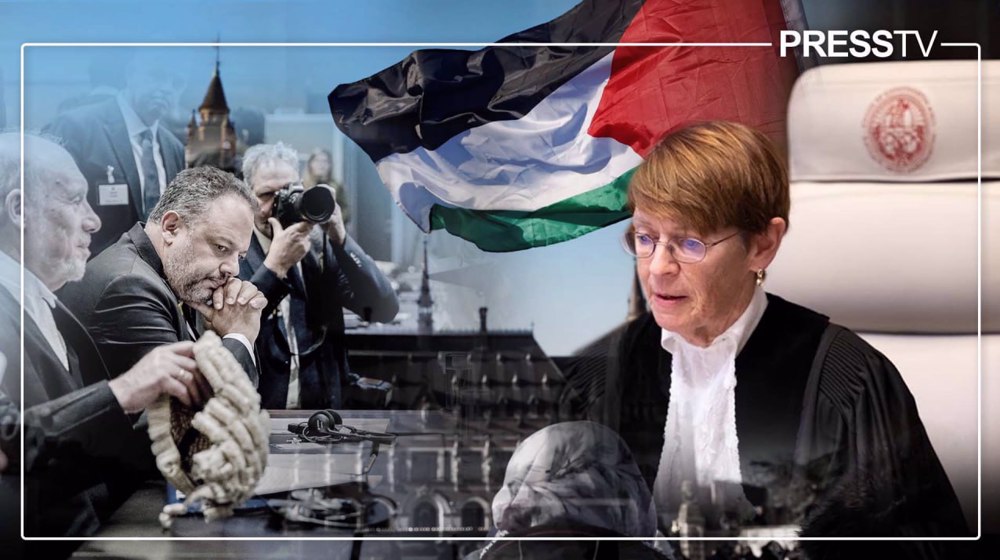
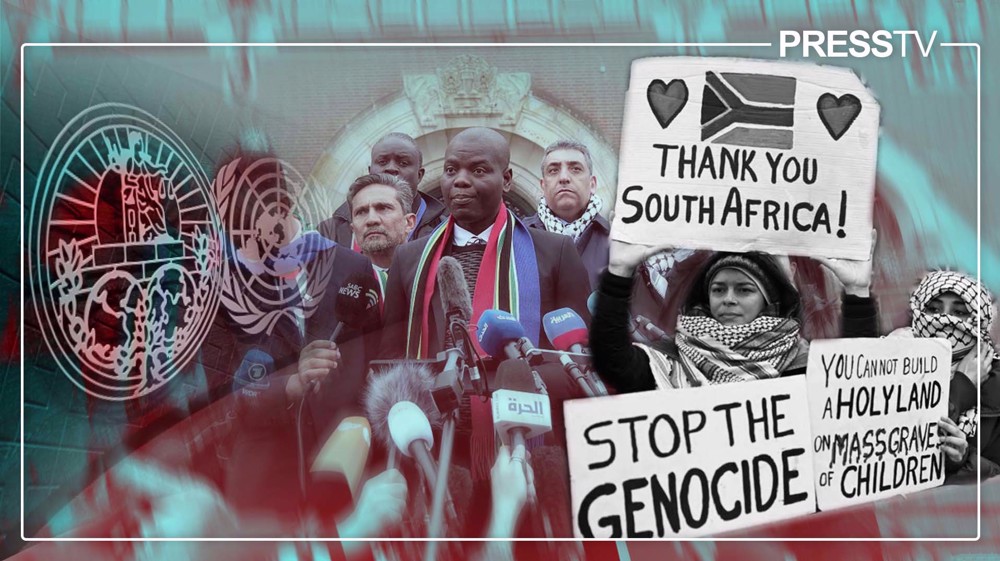
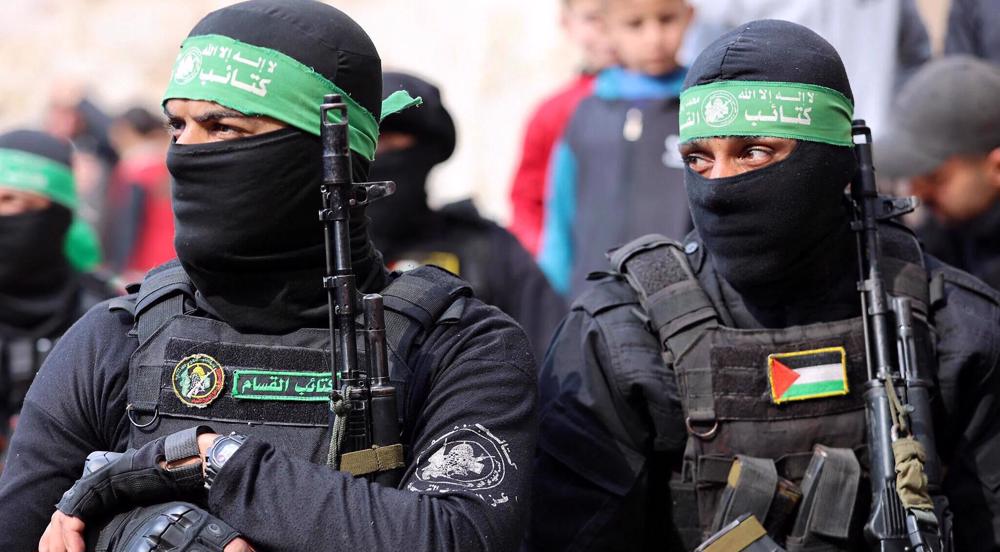
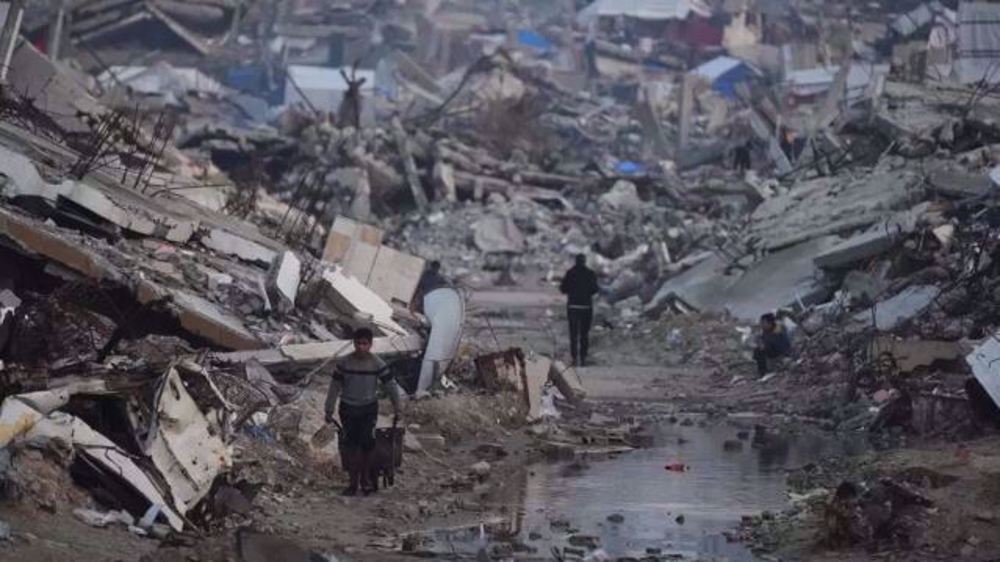
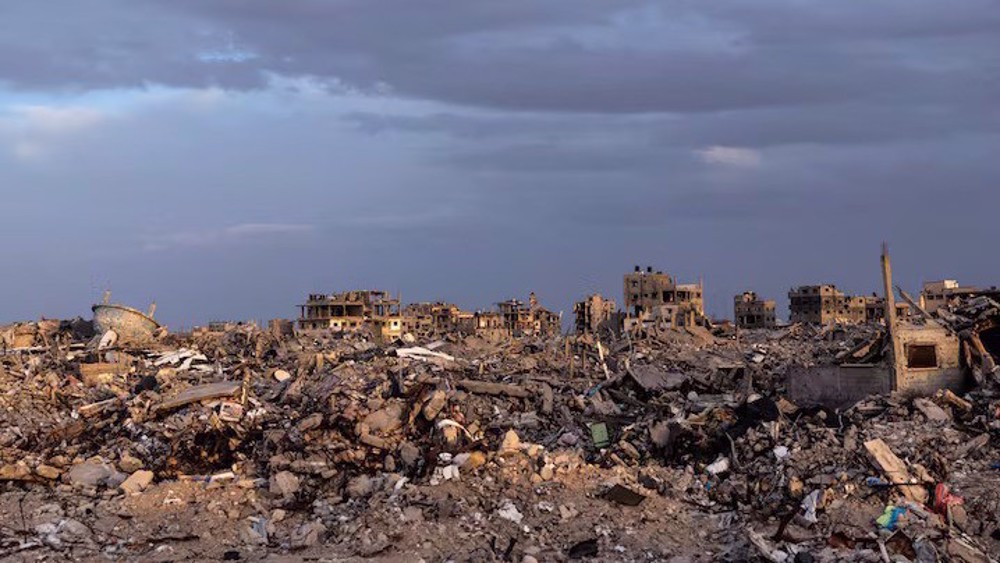



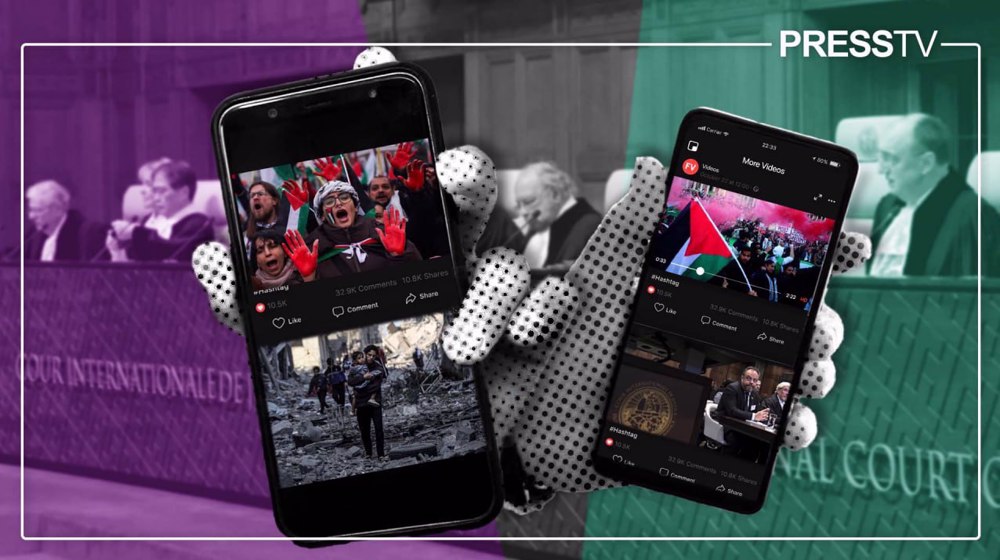
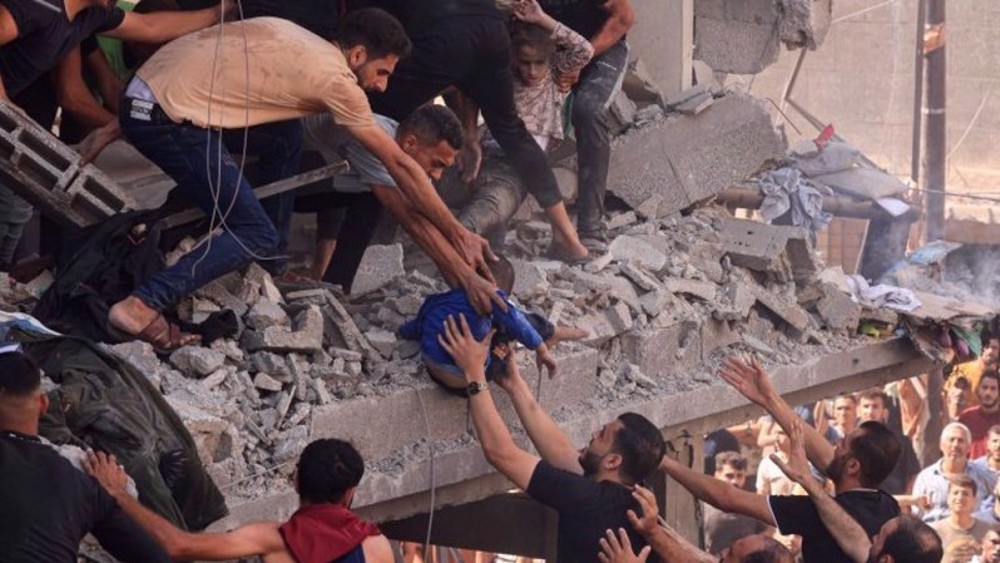
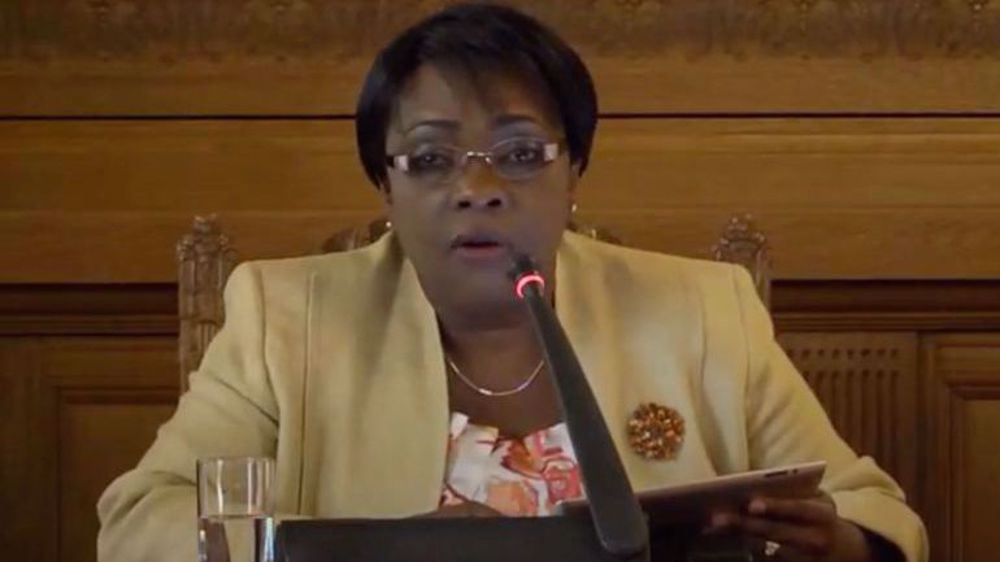
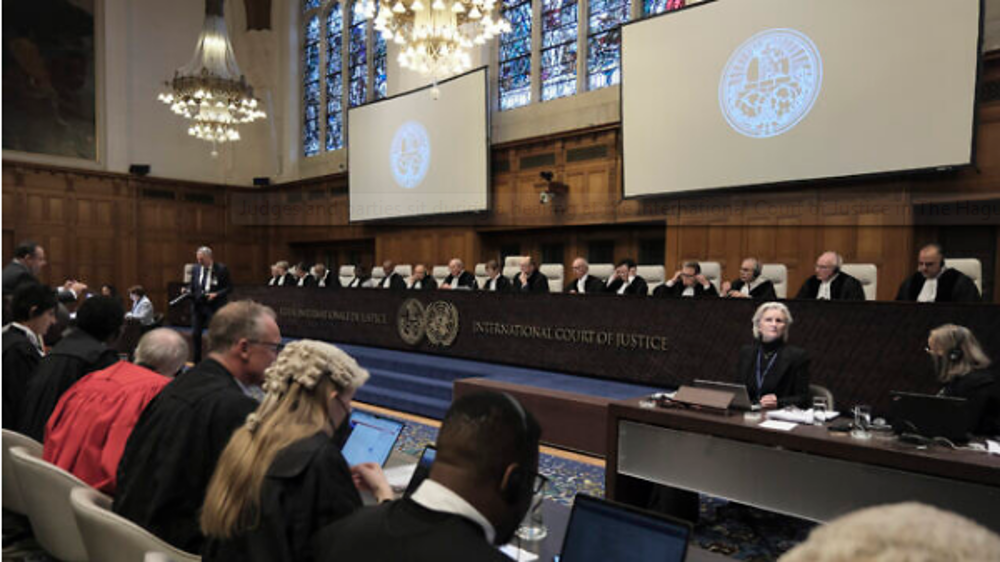
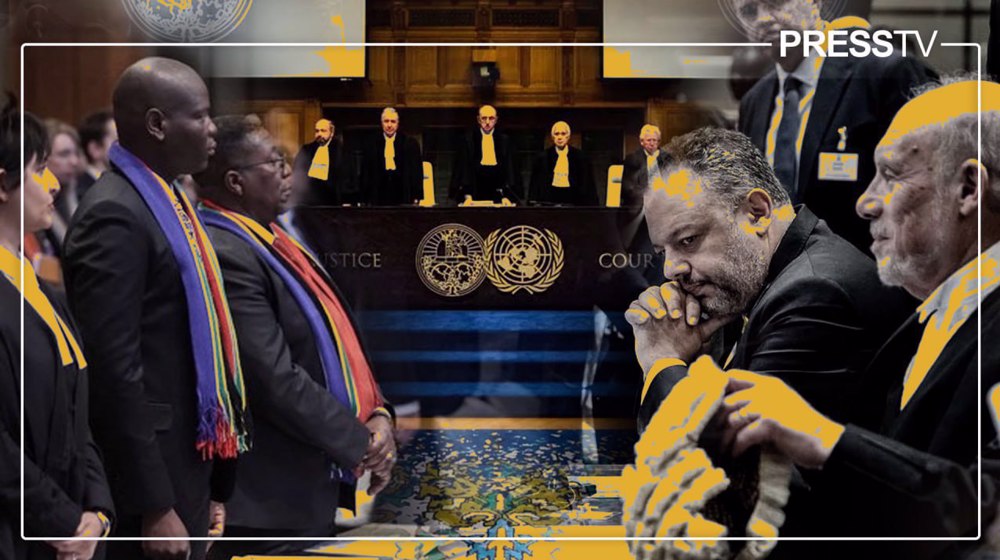

 This makes it easy to access the Press TV website
This makes it easy to access the Press TV website